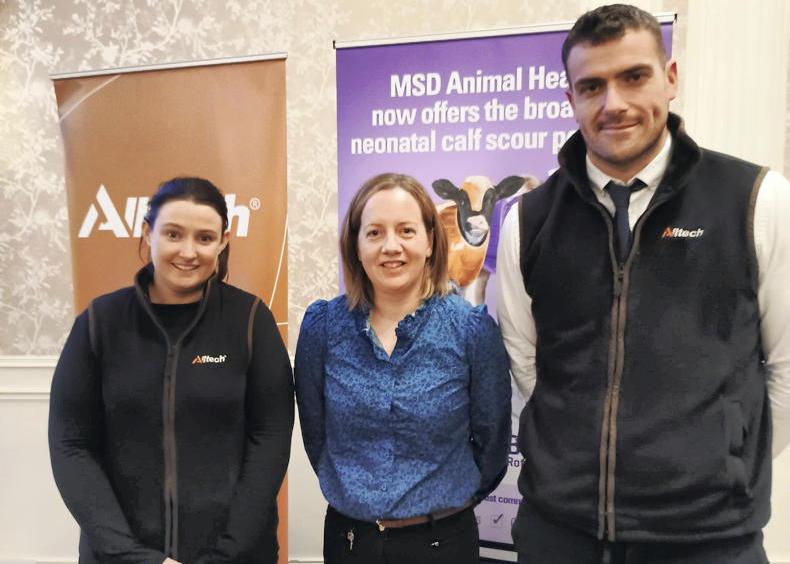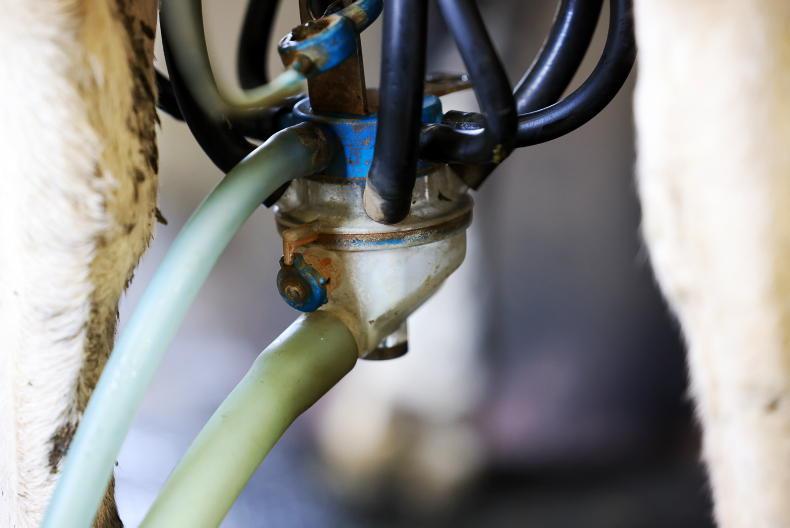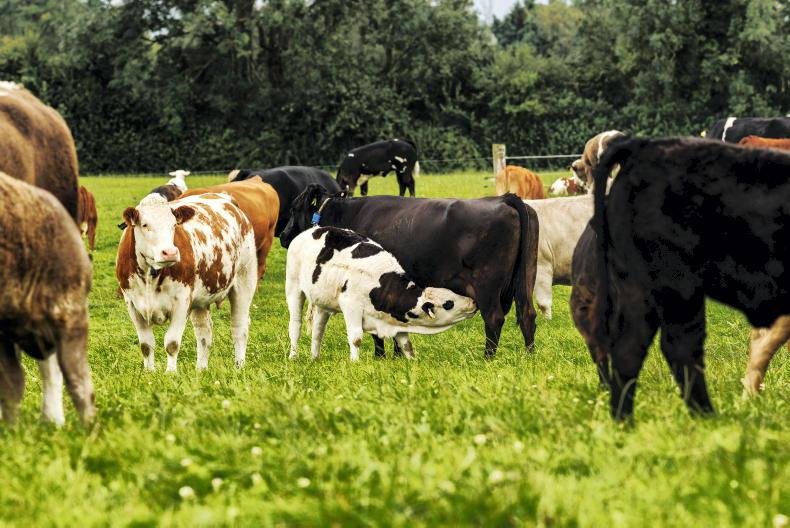Teagasc’s latest estimates for this year’s family farm incomes point to a major crash across all sectors, with the average income falling by 30% to €21,826.
Senior economist Fiona Thorne presented the updated figures at the Alltech One Ideas Forum in Dunboyne, Co Meath, on Tuesday, warning that they remain uncertain until firmer estimates are published in December.
The forecast confirms earlier indications that the average dairy farm income would nearly halve this year, from €86,000 to €45,000.
“2018 has been a negative news story in terms of costs of production and milk output value,” Thorne told the Irish Farmers Journal. If confirmed, this would be the lowest figure since the milk price crash of 2009-2010.
Beef farmers
Suckler and beef farmers are next worst hit, with a 10% drop expected across systems. The average beef-rearing farm is forecast to make just €11,276, while other beef enterprises would return €15,479.
Listen to "Stark warning on 2018 farm incomes" on Spreaker.
Income from sheep farms is seen falling 6% to €15,591 and tillage income by 8% to €34,000.
While “2017 was a phenomenal year” in dairying and lifted average farm incomes, Thorne warned that “it has been masking what has been going on in other sectors”.
Compared with National Farm Survey results for recent years, the 2018 average farm income estimate would fall to levels not seen since 2010.
Thorne said the longer-term trend is negative whether you look at past indicators or EU forecasts for the coming years, with farmgate prices consistently failing to keep up with rises in key costs such as fertilisers.
“Farmers have to run faster to stand still,” the economist said. She added that Irish farms were competitive in Europe in the short term for dairy and cereals, thanks to low production costs.
Stark warning
However, when Thorne looked at the need to cover all longer-term costs including land, this was not the case.
“This is a stark warning for the average beef farm in Ireland, where costs far exceed those of our European counterparts,” she said.
Many participants in the conference raised income challenges, especially in light of increasing sustainability requirements placed on farmers (see ifj.ie/alltechone). A debate between industry leaders highlighted the need for environmental programmes such as Origin Green to pay back producers.
Nick Whelan, chief executive of Northern Ireland dairy co-op Dale Farm, said that his main sustainability concern was “the risk of not having farmers to supply my business in 10 to 15 years”.
Read more
Sustainability and income challenges clash at Alltech conference
Teagasc’s latest estimates for this year’s family farm incomes point to a major crash across all sectors, with the average income falling by 30% to €21,826.
Senior economist Fiona Thorne presented the updated figures at the Alltech One Ideas Forum in Dunboyne, Co Meath, on Tuesday, warning that they remain uncertain until firmer estimates are published in December.
The forecast confirms earlier indications that the average dairy farm income would nearly halve this year, from €86,000 to €45,000.
“2018 has been a negative news story in terms of costs of production and milk output value,” Thorne told the Irish Farmers Journal. If confirmed, this would be the lowest figure since the milk price crash of 2009-2010.
Beef farmers
Suckler and beef farmers are next worst hit, with a 10% drop expected across systems. The average beef-rearing farm is forecast to make just €11,276, while other beef enterprises would return €15,479.
Listen to "Stark warning on 2018 farm incomes" on Spreaker.
Income from sheep farms is seen falling 6% to €15,591 and tillage income by 8% to €34,000.
While “2017 was a phenomenal year” in dairying and lifted average farm incomes, Thorne warned that “it has been masking what has been going on in other sectors”.
Compared with National Farm Survey results for recent years, the 2018 average farm income estimate would fall to levels not seen since 2010.
Thorne said the longer-term trend is negative whether you look at past indicators or EU forecasts for the coming years, with farmgate prices consistently failing to keep up with rises in key costs such as fertilisers.
“Farmers have to run faster to stand still,” the economist said. She added that Irish farms were competitive in Europe in the short term for dairy and cereals, thanks to low production costs.
Stark warning
However, when Thorne looked at the need to cover all longer-term costs including land, this was not the case.
“This is a stark warning for the average beef farm in Ireland, where costs far exceed those of our European counterparts,” she said.
Many participants in the conference raised income challenges, especially in light of increasing sustainability requirements placed on farmers (see ifj.ie/alltechone). A debate between industry leaders highlighted the need for environmental programmes such as Origin Green to pay back producers.
Nick Whelan, chief executive of Northern Ireland dairy co-op Dale Farm, said that his main sustainability concern was “the risk of not having farmers to supply my business in 10 to 15 years”.
Read more
Sustainability and income challenges clash at Alltech conference










SHARING OPTIONS